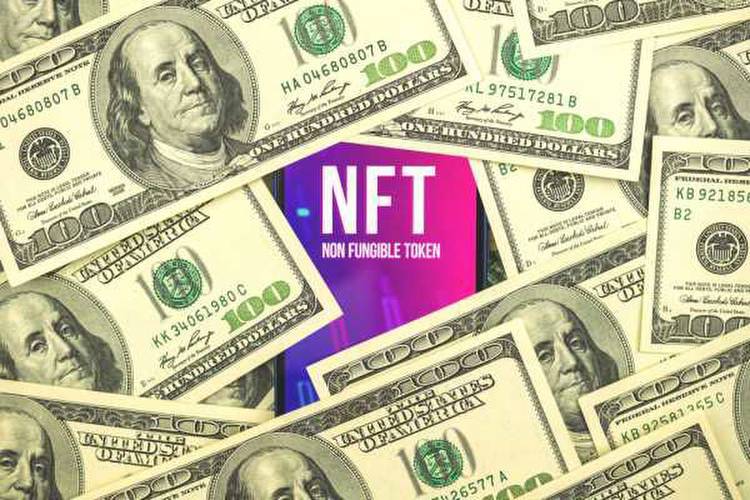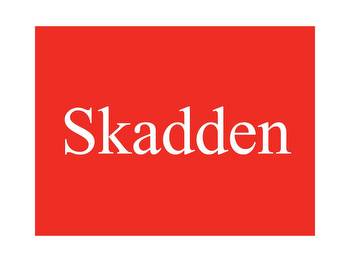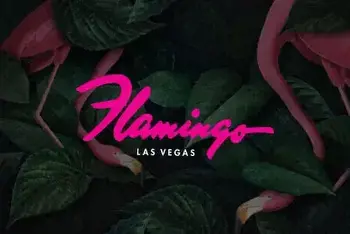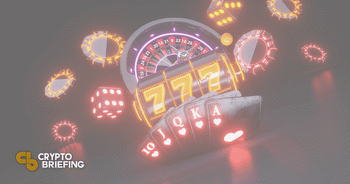OpenSea Delists Sands Vegas Casino Club NFTs after Cease & Desist Orders

Key Insights:
It has been a mixed year for leading NFT marketplace OpenSea. In January, OpenSea saw trading volumes hit a record high before a sharp decline through February and March.
NFT market conditions have improved in April, with OpenSea Ethereum (ETH) based NFT trading volumes already sitting above March levels.
According to Dune Analytics, Ethereum-based NFT trading volume for April sits at $2.68bn with a week to go. For March, trading volumes stood at $2.49bn.
With NFT market conditions improving, OpenSea appears to be taking a more cautious approach to avoid regulatory fallout.
OpenSea Delists Sands Vegas Casino Club NFT Sales
This week, OpenSea suspended the sale of Sands Vegas Casino Club Gambler Ape NFTs. This time last week, OpenSea continued to allow the trading of the Gambler NFTs despite regulatory action against the virtual casino.
According to the Sand Vegas roadmap, Sand Vegas Casino acquired 27 plots in Sandbox in January 2022. The virtual casino aimed to meet all regulatory/legal requirements between March and August 2022.
The OpenSea Help Center states that it delists NFTs if it determines the NFT to:
- Infringe on protected intellectual property,
- Promote suicide or self-harm,
- Incite hate or violence against others,
- Degrade or dox another individual,
- Otherwise violate our terms of service.
The delisting will cut a funding source for the virtual casino.
Owners of the Gambler NFTs purportedly share in half the casino profits generated.
The OpenSea delisting follows the cease & desist orders from the states of Texas and Alabama.
While the casino website is still up and running and states that the SVCC NFTs are sold out, the account @sandsvegascasino no longer exists.
Alabama and Texas Issue Sands Vegas Cease-and-Desist Orders
This month FX Empirereported on Alabama and Texas issuing Sands Vegas Casino Club with cease-and-desist orders.
The two states said that the online casino sold NFTs to fund operations. According to the state laws of Alabama and Texas, the NFTs constituted an illegal securities offering.
The Texas State Securities Board stated that the virtual casino offered,
“11,111 Gambler NFTs in connection with their development metaverse casinos in popular metaverses such as the Sandbox (SAND), Decentraland (MANA), Infinity Void, and NFT Worlds.”
The press release went on to say,
“Gamblers, acting through avatars, can enter the metaverse casino and play poker and other games using cryptocurrencies. Purchasers of the Gambler NFTs profit from these operations. Not only do they become owners of the metaverse casinos, but they also purportedly share in half the profits generated.”





































